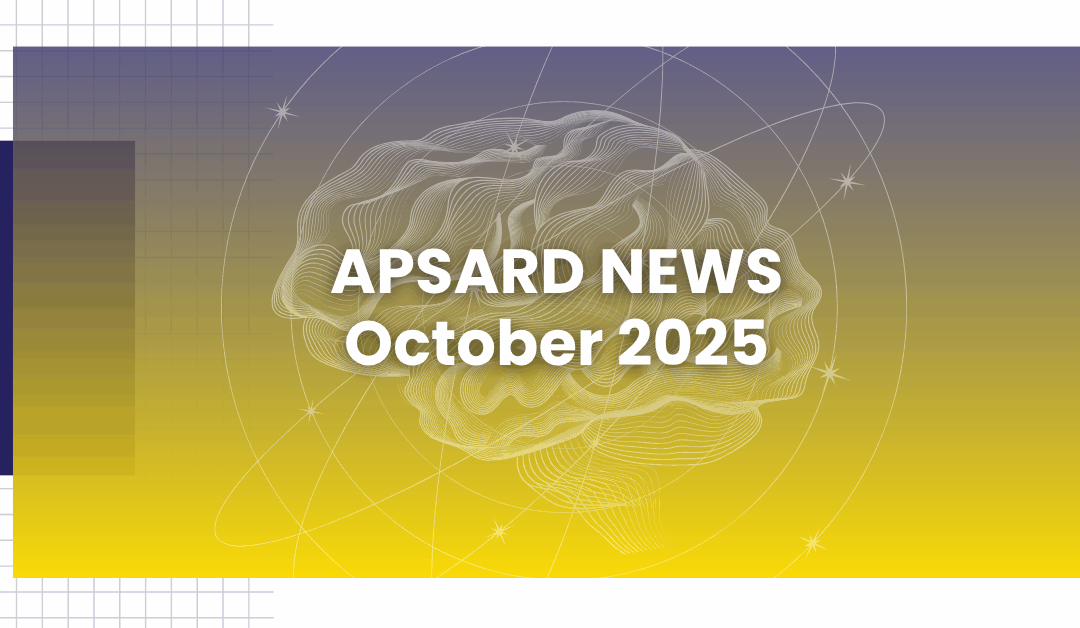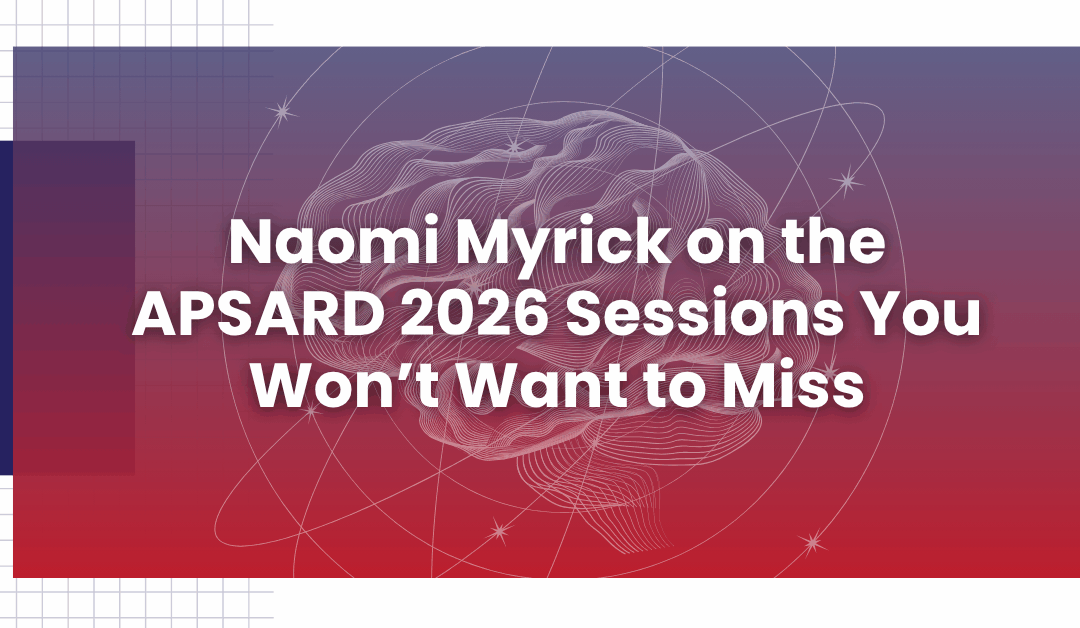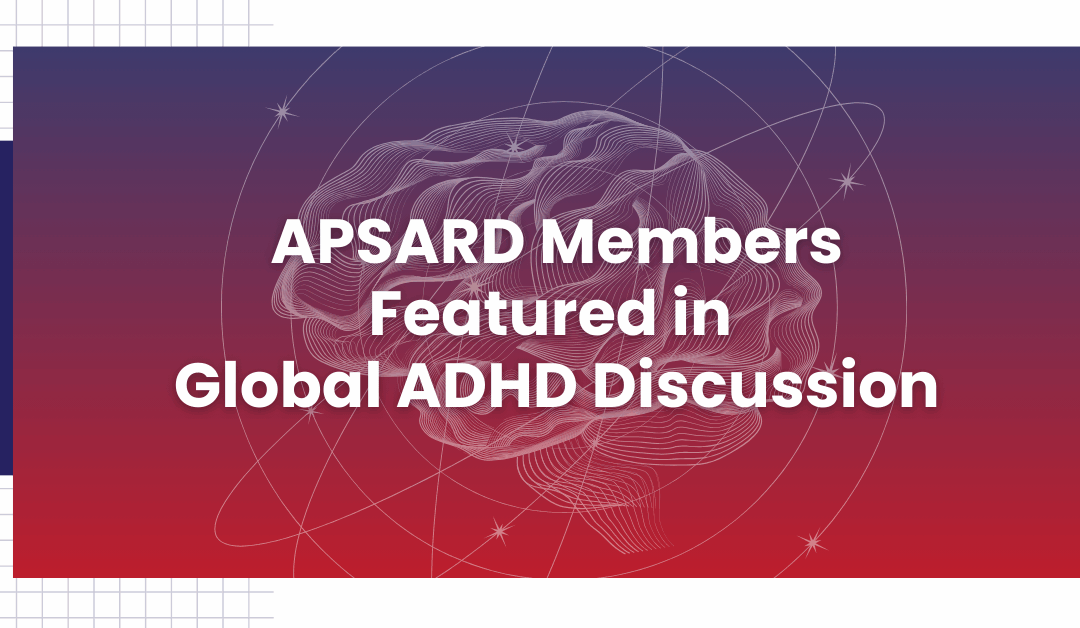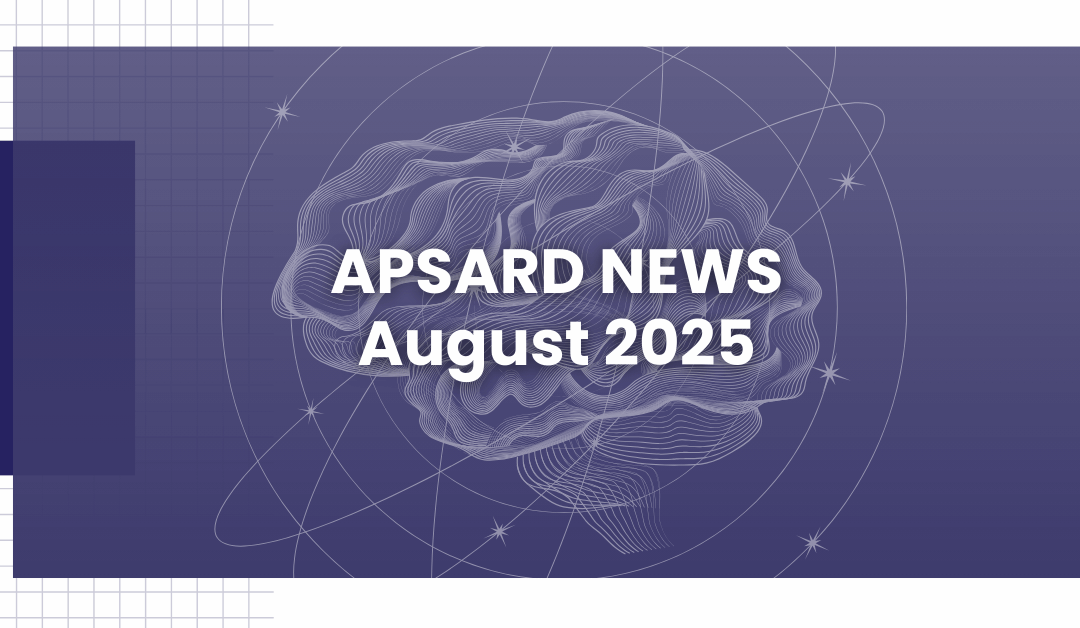
APSARD Newsletter October 2025
The APSARD September 2025 Newsletter is now available! Click the button below to access.

The APSARD September 2025 Newsletter is now available! Click the button below to access.


The APSARD September 2025 Newsletter is now available! Click the button below to access.


The APSARD August 2025 Newsletter is now available! Click the button below to access.